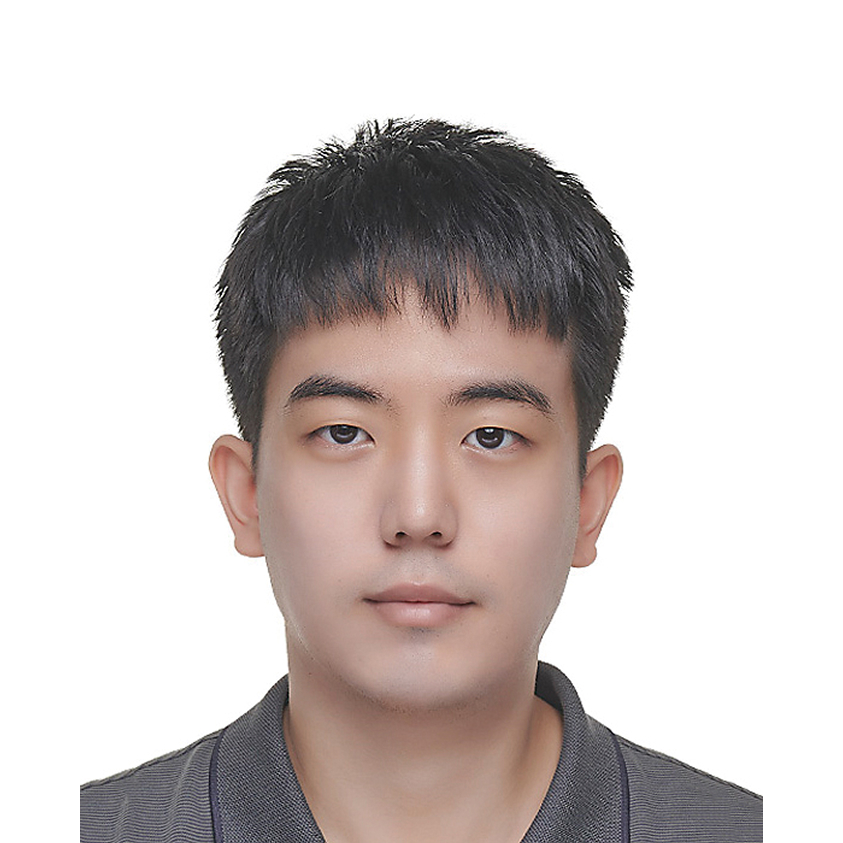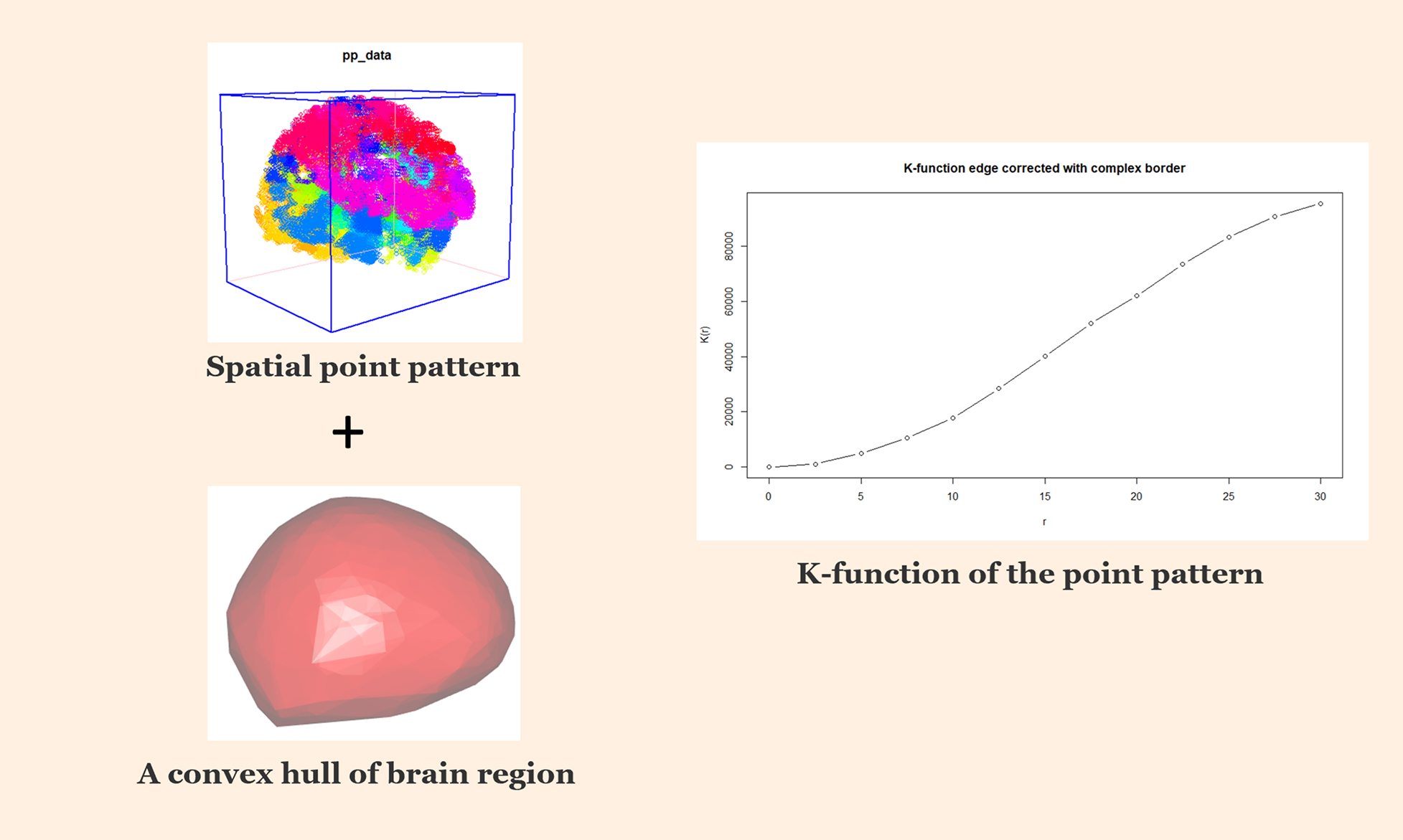梁埈豪 Junho Yang

中央研究院統計科學研究所助研究員
學歷
- 美國德克薩斯州農工大學統計博士(2021)
- 南韓首爾大學數學系學士(2016)
經歷
- 中央研究院統計科學研究所助研究員(2021/9~迄今)
個人勵志銘
Stay humble, but achieve greatness.
Modeling dependent data in time and space
Broadly speaking, my main research focuses on the estimation and inference of random objects with dependent structures and their applications. Below, I will describe two of my main research contributions in detail.
Firstly, together with Prof. Suhasini Subba Rao and Akihiko Inoue, we developed a new method to solve the Wiener-Hopf (WH) equations and quantify the approximation errors of finite-section WH solutions. Specifically, I used linear prediction techniques to transform the half-convolution equation of the WH system into a “full” convolution equation. Furthermore, by employing series expansion techniques, I derived sharp bounds for the approximation errors. Applications of WH systems are prevalent in applied mathematics and engineering, including Kalman filtering, control theory, and queuing theory. Additionally, the optimal filter coefficients arising in WH systems are widely used in signal denoising and image reconstruction.
Secondly, I have also devoted my research to event data in space and time. In collaboration with Lin Zhu and Profs. Mikyoung Jun and Scott Cook, we developed new inferential methods for multivariate spatial point processes. The proposed method is computationally efficient, and the asymptotic covariance matrix of the estimator provides insights into the selection of optimal tuning parameters in the contrast measure. Applications of these methods include analyzing multivariate spatial pattern data in various disciplines, such as (1) the distribution of COVID-19 patients categorized by variants, (2) crime statistics, and (3) earthquake catalog data in Taiwan.

得獎感言
First and foremost, I am greatly honored to be a recipient of the Ta-You Wu Memorial Award. The generous support from the National Science and Technology Council, particularly for fundamental scientific research, has enabled me to develop my research expertise. Secondly, I would like to thank my institute for its support and patience in cultivating young researchers. Rather than focusing on short-term performance, my institute encourages me to strive for higher goals. Lastly, this achievement would not have been possible without the unconditional support of my colleagues and family. I will continue to move forward and contribute to fundamental scientific research in Taiwan.

